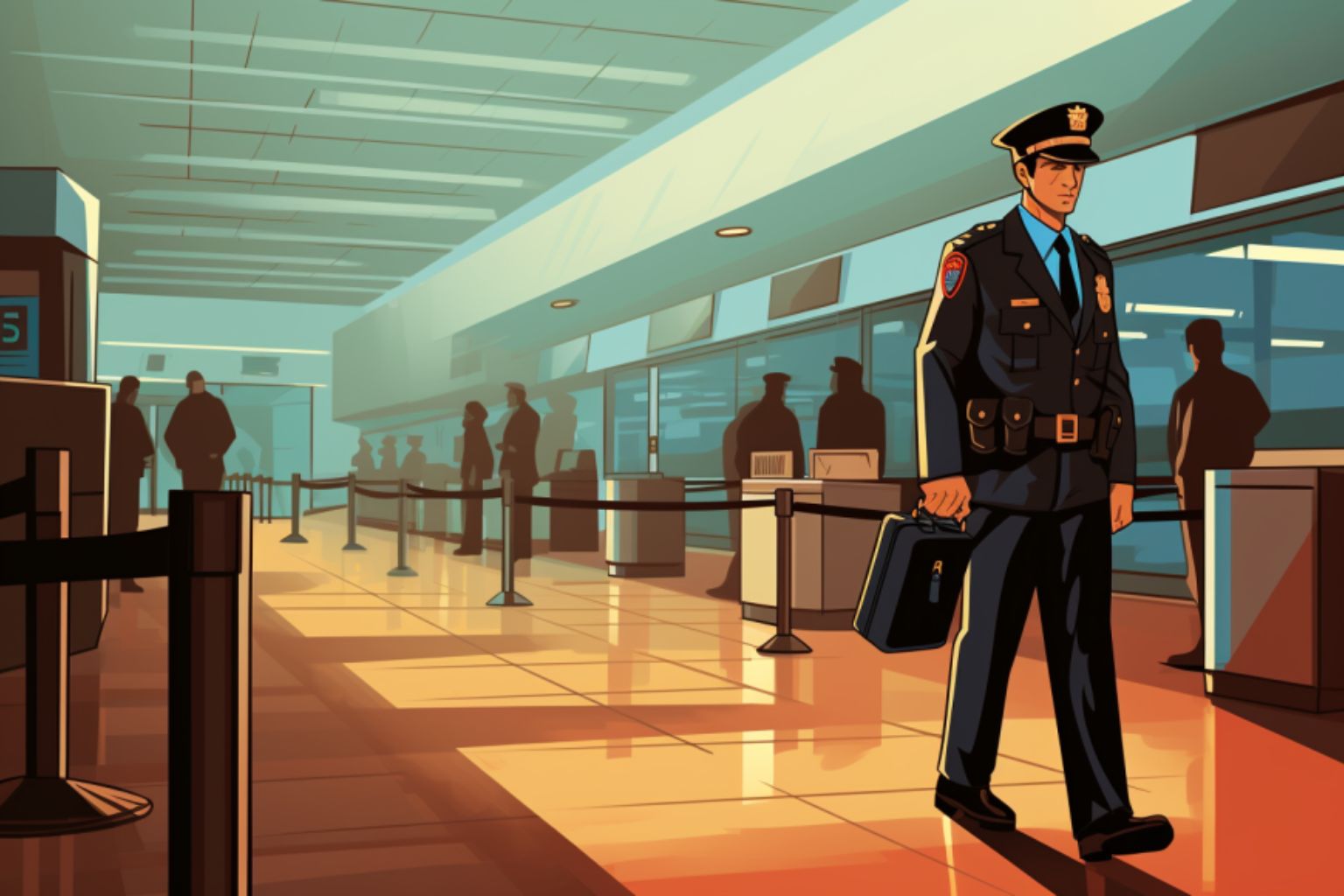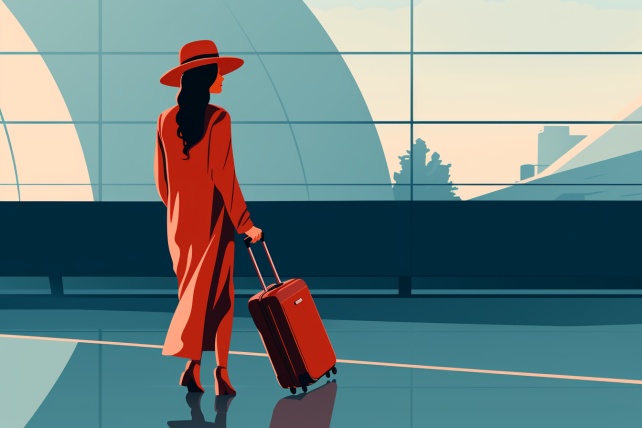As she waited for her flight from Seattle-Tacoma International Airport to Medford, Ore., last month, Linda Morrison noticed something unusual about the TSA in the waiting area.
“A lady in a TSA uniform came over, put on her rubber gloves and went up and down the rows of seats, choosing bags to go through,” remembered Morrison, a retired corporate recruiter who lives in Seattle. “She didn’t identify herself, didn’t give a reason for the search. She seemed to be targeting larger carry-on bags.”
The controversy over TSA’s roaming searches
Morrison couldn’t believe it. She expected a screening at the designated checkpoint area. But this was different. “To me, it just felt like an illegal search performed by a police state,” she said.
There’s that phrase again: police state. It’s being thrown about a lot more since November’s pat-down/opt-out fiasco, as public anger over the TSA’s new security measures remains high. Which makes the question of whether we’re traveling in a police state, or something like it, worth taking seriously.
At least one other reader also reported the roaming searches described by Morrison, also in Seattle. Christine Porter says she witnessed an identical procedure on two separate occasions. “TSA now randomly appears at boarding gates to check boarding passes and IDs as well as potentially hand-search carry-on luggage,” she said. “It’s irritating.”
Is the TSA testing some new, more aggressive screening procedure in Seattle? I asked the agency.
“TSA officers at airports nationwide routinely screen passengers at the gate area using a variety of methods, including physically searching bags and using explosives detection technology,” said agency spokesman Greg Soule. “This additional layer of security is part of our unpredictable approach to keep passengers safe and reduce the risk of dangerous items being carried on planes.”
From police state to intrusive security
As is often the case with TSA’s answers, I can’t tell whether that’s a yes or a no.
I decided to put the police state question to an expert on repressive regimes. Mariam Memarsadeghi is a Washington-based human rights activist. “It’s absurd to liken the annoyances brought on by airport security to life under a police state,” she said. “A police state is defined by perpetual fear – fear of a state apparatus that is incessantly watching over the actions of people for the sole purpose of maintaining its power over them.”
Memarsadeghi notes that the threat American air travelers face isn’t from the government but from international terrorist networks.
So maybe the term “police state” isn’t quite right, then.
James Morrissey, a University of Illinois biochemistry professorand a frequent air traveler, prefers “intrusive security.” “TSA has become a law unto itself, and it routinely tramples the civil rights of the flying public,” he says. “Allowing this to happen is very disturbing to me.”
Jeff Stollman, a security and privacy consultant in Philadelphia, thinks that “annoying” better describes air travel in 2011. He’s irked by what he calls “security theater” that offers no real protection against terrorism. “I suspect that a lot of the current controls don’t really do that much to improve security,” he said.
Are TSA security measures going too far
Matthew Gast, a technology writer who works for a San Francisco-based publishing company, believes it’s wrong. The TSA has gone “too far” in trying to protect us from terrorism. “I have not taken a flight since I was forced to allow a TSA agent to put his hands down my pants,” he said. “It’s the only time I felt unsafe in an airport.”
Supporters of the TSA’s more aggressive screening measures are quick to point out that no one has to fly, and that Amtrak, Greyhound and personal vehicles are still available.
But similar security searches are now being conducted on trains and in other public areas, including random screenings of Metro passengers in Washington, as well as mass-transit riders in New York and Boston.
The TSA has also indicated that it wants to move the perimeter of aviation security screening beyond the airport, to checkpoints on the road, according to Chris Calabrese, an attorney for the American Civil Liberties Union. If people tolerate these roving searches, there’s no telling what might come next. It isn’t inconceivable that in the near future, the TSA could set up roadblocks to randomly screen automobiles anywhere it pleases.
TSA’s expanding screening and its implications
And if the courts allow the TSA to expand its screening, it could prompt further outcries from the traveling public. It could also draw more comparisons to a police state, say Calabrese and other privacy advocates.
Not all travelers have accepted these new procedures. The Electronic Privacy Information Center (EPIC) has filed a suit against the government, claiming that the TSA violated the Constitution and five federal laws when it deployed body scanners for primary screening at U.S. airports.
“It’s very much out of character for the U.S. to embrace this type of suspicion-less surveillance,” says Marc Rotenberg, EPIC’s executive director. “But instead of branding it as part of a police state, let’s simply put an end to it.”




